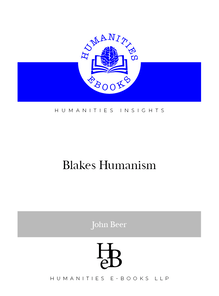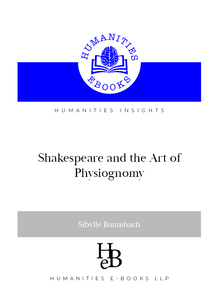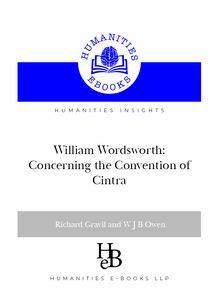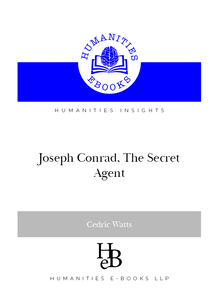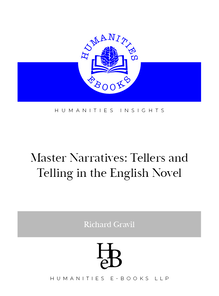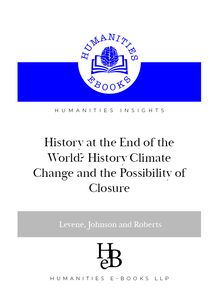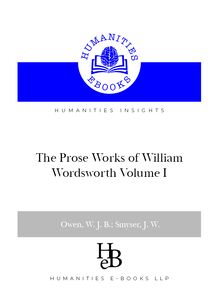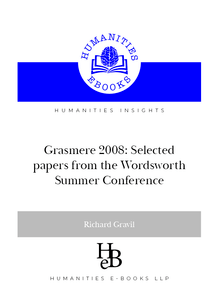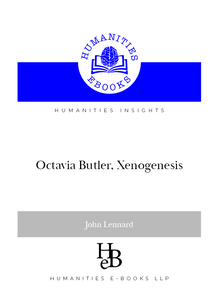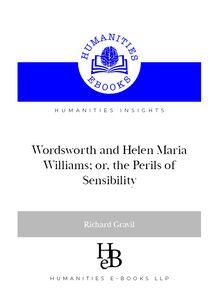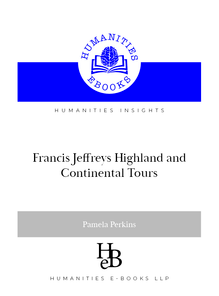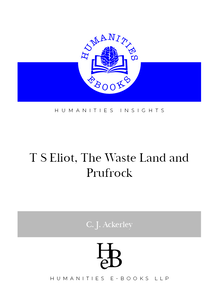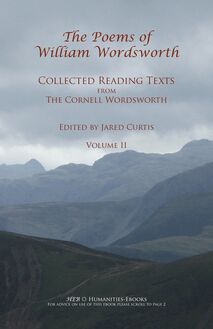Blakes Humanism , livre ebook
239
pages
English
Ebooks
2021
Obtenez un accès à la bibliothèque pour le consulter en ligne En savoir plus
Découvre YouScribe en t'inscrivant gratuitement
Découvre YouScribe en t'inscrivant gratuitement
239
pages
English
Ebooks
2021
Obtenez un accès à la bibliothèque pour le consulter en ligne En savoir plus
Publié par
Date de parution
11 janvier 2021
Nombre de lectures
0
EAN13
9781847600004
Langue
English
Poids de l'ouvrage
3 Mo
Publié par
Date de parution
11 janvier 2021
Nombre de lectures
0
EAN13
9781847600004
Langue
English
Poids de l'ouvrage
3 Mo
